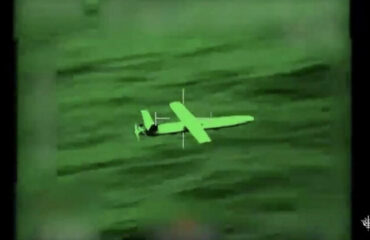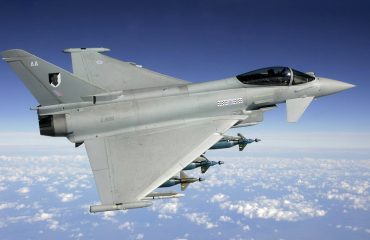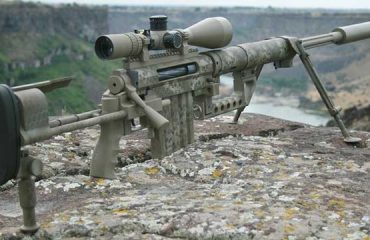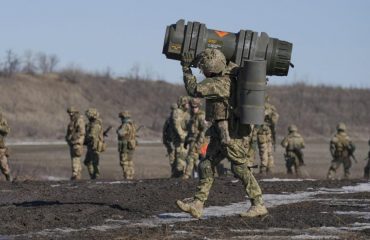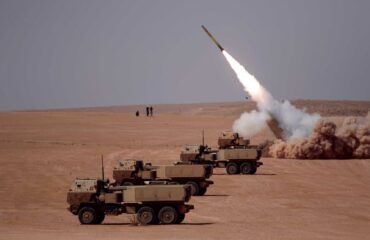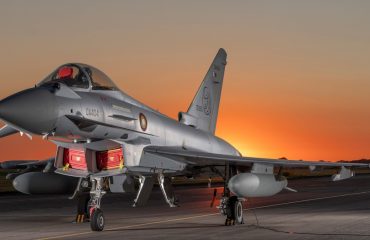Future US Combat Drone Completes Ground Engine Test

The US Air Force Research Laboratory (AFRL) and Blue Force Technologies (BFT) have conducted a ground engine test for their Fury unmanned combat aircraft.
The demonstration focused on a new carbon fiber composite propulsion flowpath system that will power the next-generation drone.
Digital Engineering for Military Tests
The trial supports military ground and flight tests leveraging data generated through digital engineering and analysis.
The information gathered will be used to validate computational methods in future aircraft development.
“On an uncrewed fighter like Fury, proper integration of the propulsion flowpath is the most significant design driver for the overall vehicle,” BFT President Scott Bledsoe explained.
“It was crucial to us to demonstrate, prior to building flight test aircraft, that we could correctly predict the interaction between the propulsion flowpath components and the Williams International engine.”
Before the trial, AFRL and BFT conducted a time-accurate computational fluid dynamics analysis to ensure the metrics tools worked for reading the Fury’s flight performance.
“With AFRL’s help, we are further building out our digital engineering toolchain to enable future ACP (autonomous collaborative platform) variants to be designed quickly,” Bledsoe said.
US Air Force Bandit Program
The evaluation is part of AFRL’s Bandit program seeking combat drones to serve as adversaries in 5th-generation fighter training. The contract for the program’s initial phase was awarded to BFT in 2022 and is valued at $9 million.
The resulting aircraft will be deployed for mission rehearsals in the US Air Force, Marine Corps, and Navy and integrated with ACP operations involving other unmanned platforms.
“The Bandit program is about demonstrating ever tighter model-to-hardware prototype development cycles for autonomous collaborative platforms, and this integrated propulsion flowpath test is indicative of that approach,” AFRL Bandit Program Manager Alyson Turri stated.
“After making the engine selection in June 2022, the AFRL and Blue Force Technologies team worked to finalize test objectives and procedures concurrently with Blue Force’s hardware build to ensure this full-scale test came together in under six months.”




